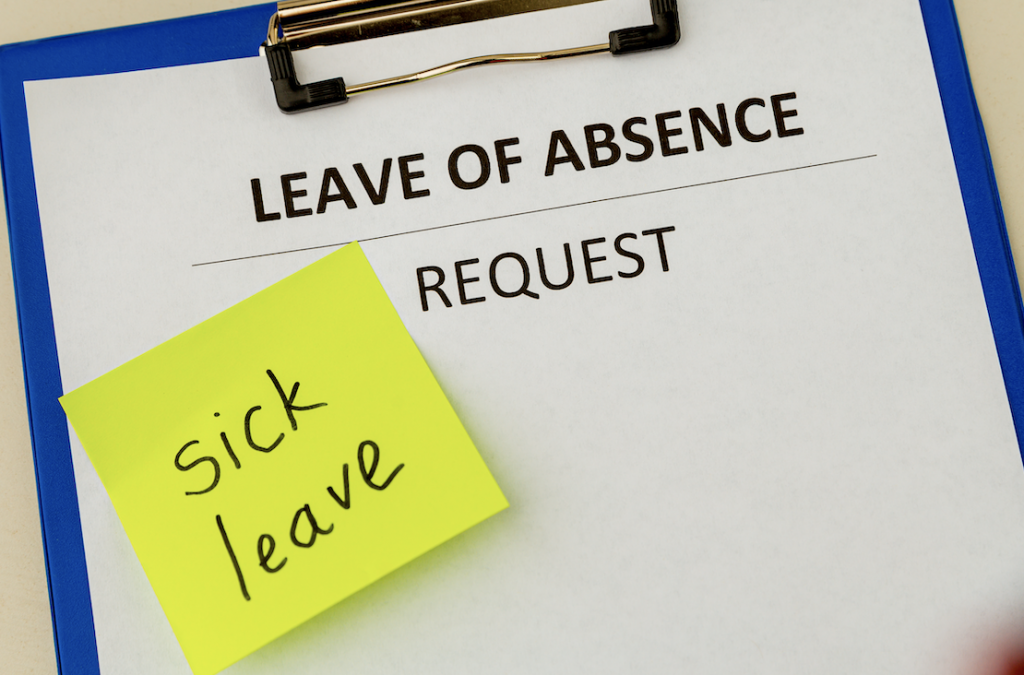One in five employers report being concerned about chronic long-term illnesses within their workforce.
Research commissioned by Grid, the trade body for the group risk sector, found concerns about employees living with a number of long-term conditions, be it diabetes, types of cancer or multiple sclerosis.
There is renewed focus on the impact of long-term ill health, with the government keen to address the problems this causes in terms of economic inactivity. Given this, Grid stress that employers should be looking at ways to retain employees and facilitate continued employment, as not only does this improve the UK’s productivity but it is also has been proven to have positive effects for both the employer and employees.
As of July 2023, 2.6 million of the 8.78 million economically inactive people in the UK stated long-term sickness as the reason, according to the Office for National Statistics.
Grid spokesperson Katharine Moxham says: “Staff resignations due to chronic illness are not inevitable. Employers who have support in place and are prepared to be flexible and accommodating can successfully retain those who live with long-term illnesses.”
She adds that it is widely recognised that good work is good for people. It can provide a social environment, a salary, contribute to a sense of self-worth and provide satisfaction: all helping an individual’s wellbeing. The opposite can also be true: that when someone’s ability to remain in a stimulating work situation and the ability to support themselves financially is removed, the individual’s mental and physical health can deteriorate.
Grid says there are a number of ways for employers to consider if their support serves their employees and their organisation.
As well as offering preventative support, employee benefits should help employees back into work when they have had time off ill. Access to fast-track vocational rehab, talking therapies, virtual GP, second medical opinion services and health apps can all be vital in helping an employee return to work. Such support can also help employees feel part of the team and cared for.
It adds that once employees have returned to work, then support also needs to remain. This may involve helping them manage symptoms, and might include reasonable adjustments, flexibility, or other more specialised interventions to enable them to continue working.
Employee benefits such as employer-sponsored life assurance, income protection and critical illness increasingly offer a range of add-on services provide this support.
Moxham adds: “What ‘good work’ looks like may differ for an employee before and after the diagnosis of a long-term illness. And while the government is considering different ways to reduce the UK’s economically inactive population, we would encourage employers not to wait to see what solution is suggested. Support is already available, and those employers who make the most of it will be the winners.”
